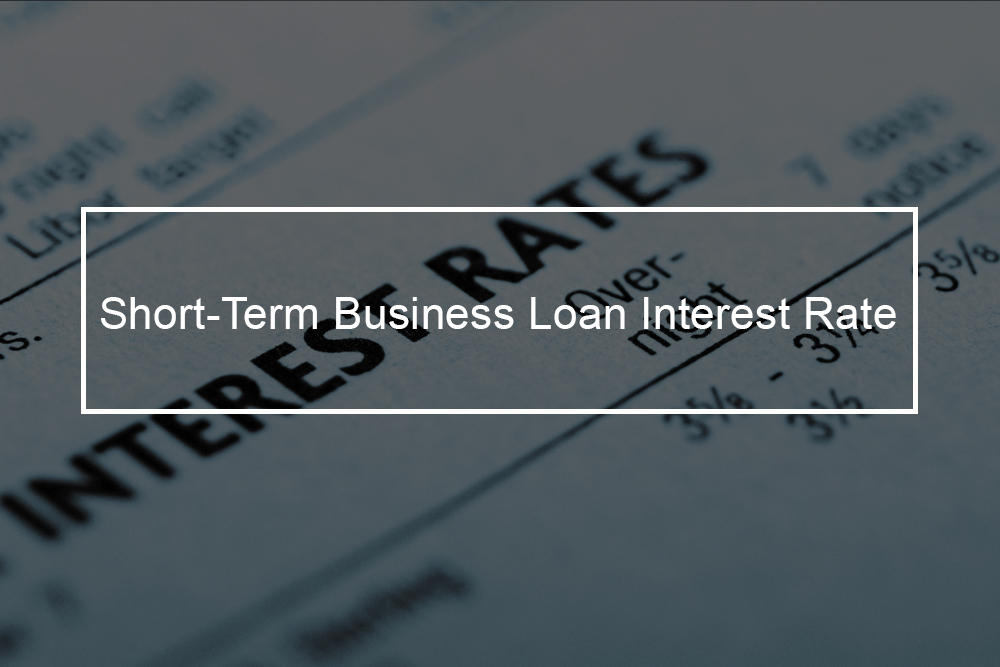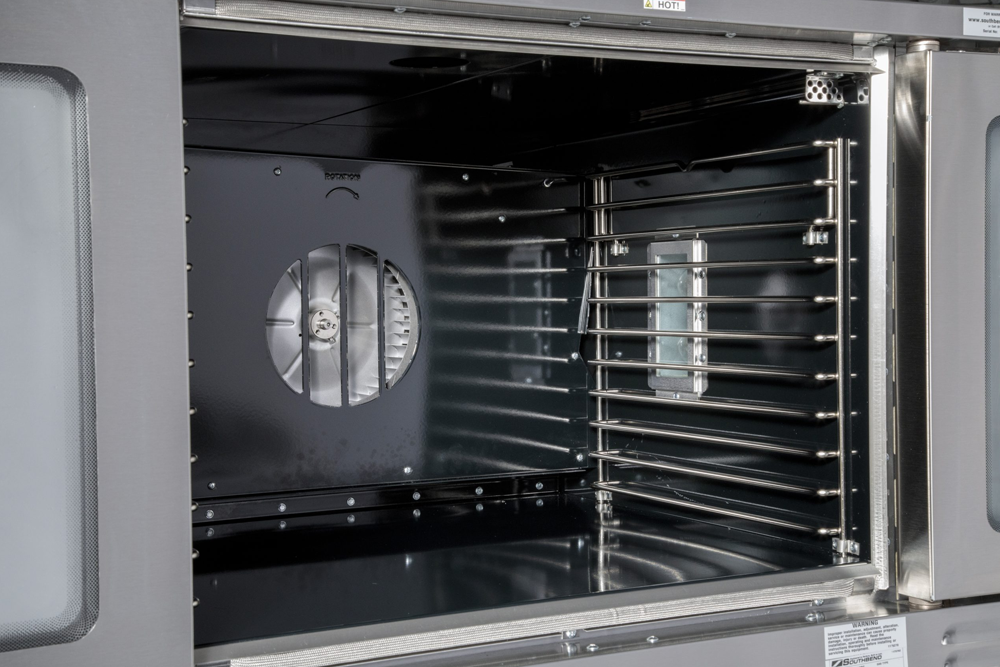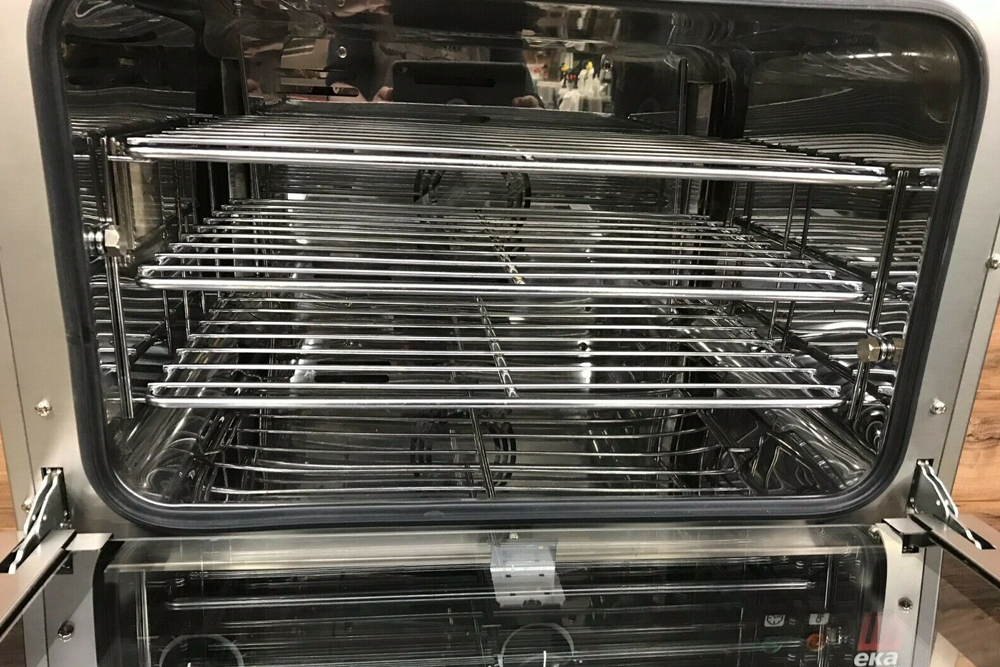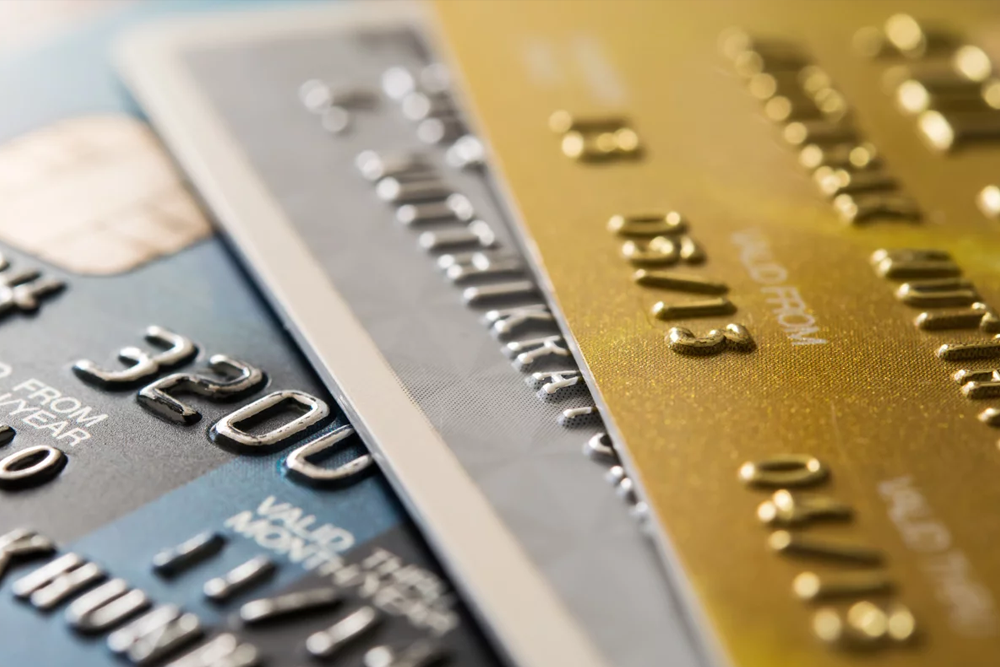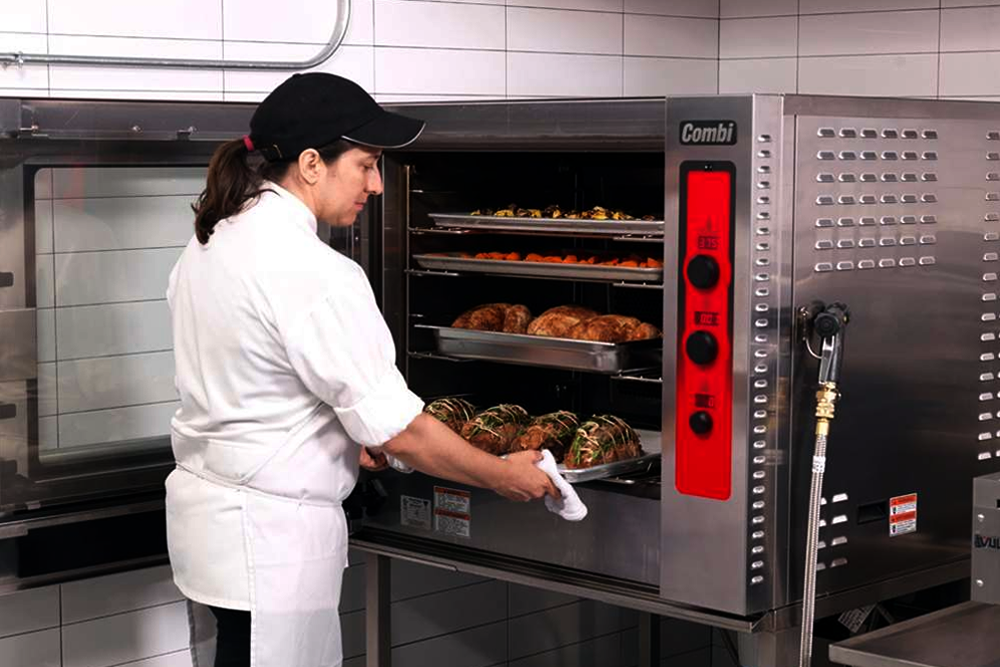Rates are one of the essential factors in comparing the cost of small business loans. However, it is hard to know if you are getting a competitive rate if you do not know what to expect. This post tells you the average interest rates for short-term business loans. You will also learn what other costs you might want to consider.
What is a business loan interest rate?
An interest rate is a percentage of your loan balance that a lender charges regularly. Most business loans have an annual interest rate, which indicates that percentage applies to the loan balance over a year. Nonetheless, some short-term loans come with a monthly percentage rate that applies to the balance monthly. There are two main kinds of business loan interest rates: variable and fixed. There are also two main ways lenders apply interest to your loan: compound and simple interest.
What are short-term business loan interest rates?
Generally, short terms come with higher interest rates than long term loans. For the most qualified borrowers, interest rates often start at ten-percent; however, they can go much higher based on your business’s creditworthiness and risk profile. So why do short term loans have higher fees and rates? First, it is simpler for businesses to be eligible for short term loans. With less stringent qualifications for borrowers, there is a higher risk of default. The increased interest rates and fees enhance the lender’s investment profitability.
Second, you are paying for the speed of financing. Unlike bank loans, short-term loans are often approved in just a few days- sometimes even the same day a borrower applies for the loan. This is because of the abbreviated underwriting process. Whereas this helps lenders quickly accept applications, they take less time to vet a company, which equals more risk for the lending institution and, consequently, higher fees and interest rates for the borrower.
On average, short-term business loans have an APR of around 400-percent. The APR generally ranges from 390 percent to 78-0 percent. For personal loans and credit cards with standard banks, the APR is a lot lower. For instance, the national average APR of credit cards is around 15-percent. To understand how APR works with short-term loans, take a $200 loan amount with a loan fee of $30. If you have a repayment term of twelve days, your APR will come to 546.25 percent.
How much will the interest rate be?
Your interest rate is based on how much you are borrowing and for how long. You can get an estimate of the costs and interest rate using the short-term business loan calculator. Apply the slider to choose how much you want to borrow and for how long, and you will indicate how much you will be charged.
Short-term business loan rates by types of loan
Because some business loans come with fees instead of interest, let us take a look at how APRs compare for different loan types.
| Type of short-term business loan | Typical APR (percent) |
| Invoice factoring | 13 to 60 |
| Merchant cash advance | 20 to 250 |
| Line of credit | 8 to 80 |
| Bank short-term loan | 4 to 13 |
| Online term loan | 7 to 99.7 |
Generally, short-term financing options that do not come with interest, such as invoice factoring and merchant cash advances tend to be more costly than the competition.
What is a good short-term business loan rate?
There is no good interest rate for everybody. It all depends on what type of funding you are looking for and also what interest rates you and your company are eligible for. The more risk lenders consider you, the higher the rate you will qualify for. Generally, how long you take to pay back your loan also affects the rate. To qualify for a lower interest rate, you will need:
- Positive cash flow
- Good to excellent personal credit score
- In business for at least two years
- Sufficient revenue to comfortably afford repayments
Factors that increase short-term business loan interest rates
Whereas the interest rates can give you an idea of what might cost you to borrow a short-term business loan in 2020, your exact loan interest rate will depend on the lender and your loan application’s unique elements. Understanding the average short-term business loan interest rates is one thing. However, some elements can increase what you would owe for a short-term business loan. Some of these factors you can control but others you cannot:
- Increasing market interest rates: Lending institutions base their rates on the Federal Reserve’s short-term federal funds rate. In case the Fed tightens its policy, indicating it increases short-term rates, business loan interest rates will rise. The Federal Reserve reduced interest rates three times during 2019, following the Washington Post, and appears to be focused on keeping interest rates low to prop up the economy.
- A stronger national economy: When the economy is strong, businesses are expanding, so there is more demand to borrow money. As a result, lending institutions can charge a higher rate, even for short-term business loans.
- Limited or weak business history: Lenders will also assess your business income and history. If your profit margins are low, lenders charge you more since there is a higher probability of you not repaying. They could also charge more if you are a comparatively new business because you do not have a more established company’s proven financial track record.
- Poor credit history: As part of any business loan application, lenders will check your credit score. A weak credit score shows that you might have a lot of outstanding debt versus your credit limit or missed payments on other loans. As a result, even though you stand a chance of getting a short-term business loan, lenders can charge you a higher business loan interest rate to cover for the additional risk that you will not pay them back.
- A lower down payment: When you purchase buildings, equipment, or any other physical assets, you can make a down payment for a part of the purchase while using a loan to fund the rest. As long as your down payment is small or you do not make one, your business loan interest rate might be higher. The lender is taking more risk since you are borrowing a larger share of the purchase, and you aren’t putting up as much of your own funds.
Tips for getting a competitive interest rate on your short-term business loan
Here is how to improve your business loan interest rate
- Build your credit: Whereas business credit scores exist, short-term business loan providers more commonly depend on personal credit scores more. Check your credit score for errors and work on improving your score.
- Give yourself time: Often, the loans with the lowest rates take longer than higher rate loans- simply look at rates on banks short-term loans and online loans. While at it, do your research. There are many lending institutions competing for your business. Provided you are unhappy with the offer for one lender, consider applying with a few more settling at a high-interest rate.
- Increase profitability: Whereas this may be easier said than done, if you can improve your profit margins before applying for a short-term business loan, that can help your probability of receiving a lower short-term business loan interest rate. Consider applying for a loan, line of credit, or credit card immediately after you go through a strong stretch of profitability since this gives you a chance to get a better interest rate.
- Know how interest rates work: Some short-term loans come with monthly interest rates as low as one percent. Whereas that might seem like a steal compared to a business loan with a seven-percent annual rate, it is actually more expensive. Ensure you understand what the rate actually means for every loan before you get into it.
- Develop a good relationship with a lender: If you manage all your business and personal banking with one company, mainly one with a local branch where they know you face to face, they might be inclined to extend you better terms due to your relationship.
What other fees come with short term loans?
Short-term loan fees vary by state and lender; however, they typically charge a fixed-fee depending on the amount of money borrowed. You can anticipate anywhere from $10 to $30 fee for each $100 borrowed. A $15 fee for $100 borrowed is quite the standard. Going along with the example, these terms equate to almost a 400-percent APR for a two-week plan.
The lender will often outline the annual and monthly fees ahead of time. For defaults or late payments on the loan, you can be charged additional fees. Making payments on time and paying back all fees is vital since the lender can take you to court otherwise. There is no one size fits for all interest rates on a short-term business loan. However, knowing the general range of rates you can expect on a type of loan from a particular lender can assist you in narrowing down lenders.

